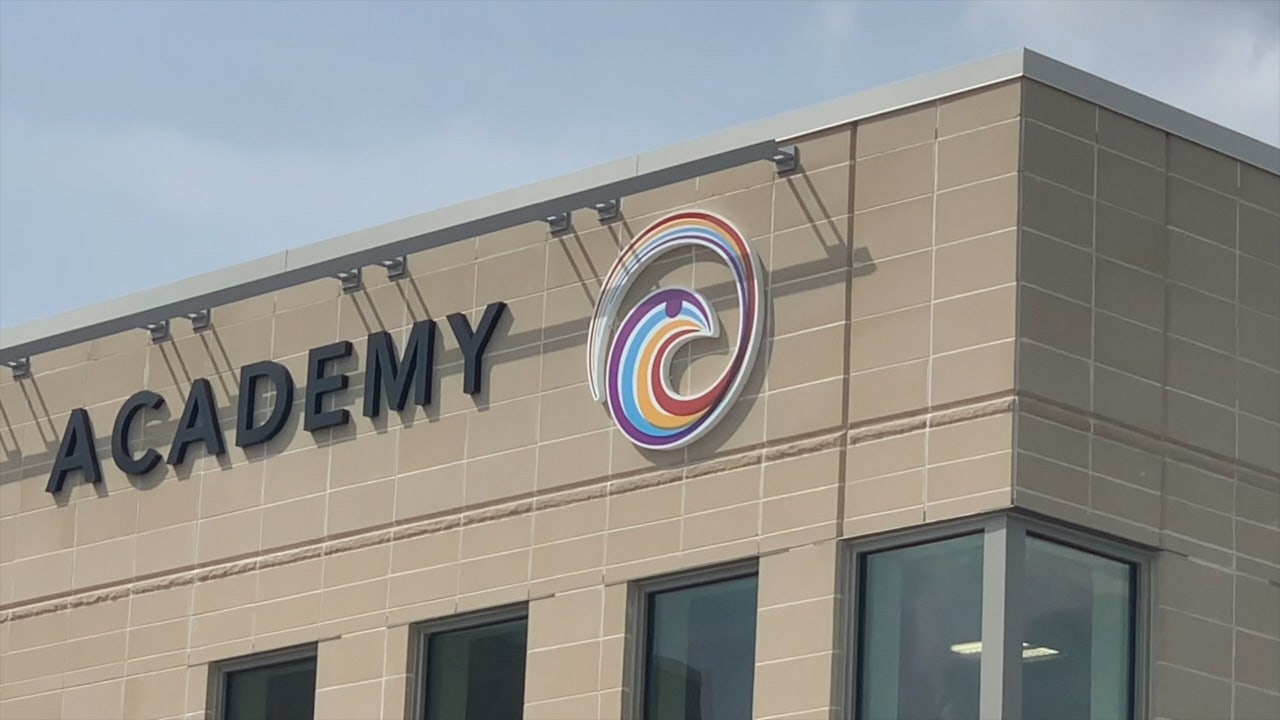



In recent discussions surrounding education, concerns have been raised about the potential indoctrination of children towards communist ideologies in the United States. Mark Thornton, in his analysis, argues that many children are raised with these ideologies, often without their parents' awareness. He points out that the education system appears biased against capitalism, with a notable increase in positive views of socialism among students as they progress through college [b2ac1e62].
Thornton highlights the significant political imbalance among college professors, who reportedly register as Democrats at a ratio of 10-to-1 over Republicans. This disparity raises questions about the objectivity of the education students receive, as many professors may propagate political propaganda rather than encourage critical thinking [b2ac1e62].
Mitch Daniels, the former governor of Indiana and current president of Purdue University, has taken steps to counter this trend by promoting capitalism through a new business curriculum. His initiatives aim to provide students with a balanced understanding of economic systems, emphasizing the benefits of capitalism, which Thornton credits with higher wages and improved living standards [b2ac1e62].
The article also discusses the misrepresentation of unions as the sole benefactors of labor rights, suggesting that while unions play a role, capitalism has been the driving force behind economic benefits for workers. Thornton argues that the influence of government and unions can sometimes negatively impact these benefits, further complicating the narrative surrounding labor rights and economic success [b2ac1e62].
In light of these discussions, Florida and Wisconsin legislators are advancing plans to educate students about the history and implications of communism. In Florida, the Senate Rules Committee is considering CS/SB 1264, which would create a 'History of Communism Task Force' to require annual instruction on communism in schools. This initiative aims to provide students with a comprehensive understanding of the ideology's historical context and its effects on societies [3df7d798].
Similarly, Wisconsin has enacted a bipartisan law mandating the teaching of Asian American and Hmong history in schools, reflecting a broader push for inclusive education that acknowledges diverse histories and cultures. This law aims to foster greater awareness and understanding among students, paralleling the efforts to educate about communism [d9e24dd3].
On December 14, 2024, Congress passed the 'Crucial Communism Teaching Act,' which aims to redesign public school curricula to promote anti-communism. This legislation, supported by both Republicans and Democrats, focuses on ideologies from countries such as China, Venezuela, and Cuba. The curriculum will be developed by the Victims of Communism Memorial Foundation, which claims that communism has caused over 100 million deaths [f527995e].
The act's sponsor, Maria Elvira Salazar, has a history of opposing normalization with Cuba and supporting anti-communist regimes in Latin America. The bill passed with a significant bipartisan vote of 327-62, indicating a strong consensus for anti-communism in educational settings. Critics argue that this act could signal a return to McCarthyism, reflecting a growing dissatisfaction with capitalism among younger Americans [f527995e].
As these educational reforms unfold, the debate over the ideological leanings of educational institutions and their impact on students continues to be a focal point in discussions about the future of American education and the values it instills in the next generation [b2ac1e62].